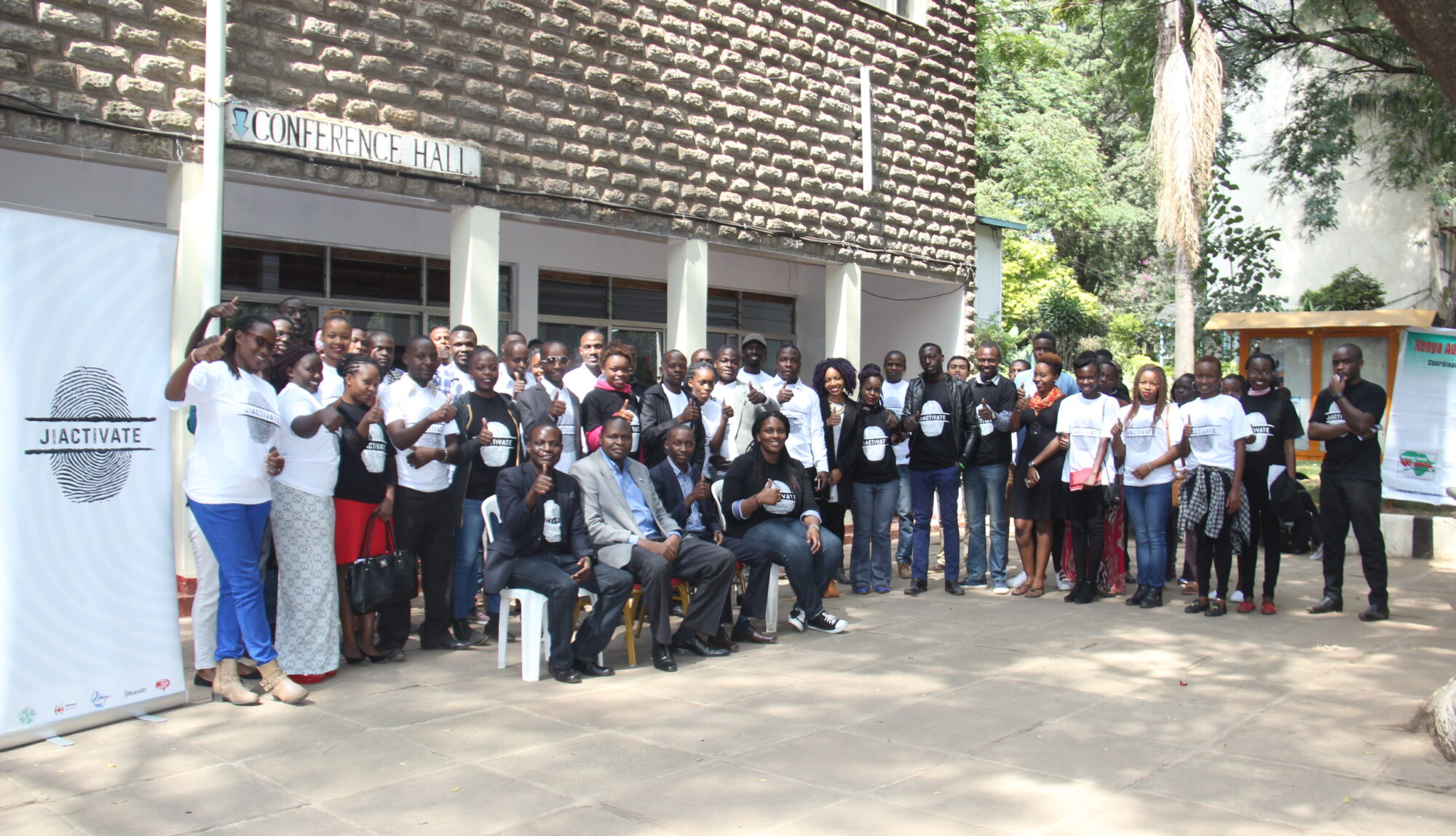Covid-19 Engagement at Lucky Summer Mosque

WHO in partnership with OAY, has a project whose objective is to enhance behavior change in youth by meaningfully engaging them to help prevent and control the spread of Covid-19.
Among the institutions mapped for the engagement is Lucky Summer Mosque. During the first visit, we had a lengthy conversation with the administrators, one of them being the Sheikh who was in charge that day. We realized that their behavior was more guided by their religious and cultural beliefs than individual beliefs. They believe that the afterlife is more important than life now, so the effects of COVID-19 like death are not that threatening. They also believe that black seeds can cure any disease, including COVID-19. This posed a challenge to us. Together with our Health Promotion Officer (HPO), Emma Kimani, we gave facts about COVID-19, the different available vaccines, and how they work. We were able to outline how it is more of a public health problem than an individual health problem and how adherence will aid to protect the elderly in the community and the vulnerable like children and expectant mothers.
We were able to secure a second visit where we addressed worshippers. We engaged approximately 30 men. Unfortunately, we could not engage the women as they worshipped at a different room than men and used a different exit immediately after worship. We saw a change in attitude. Some administrators had already received their first dose of the Covid-19 vaccine, some had masks on the right way, and handwashing had improved.
There were questions about the adverse effects of the Covid-19 vaccine, which the HPO addressed. She stated the importance of getting tested if one has symptoms of Covid-19 before getting the vaccine. The HPO further identified institutions in Ruaraka sub-county that are certified by NMS to give the vaccine, like Neema Hospital. Emma further explained in layman’s language the components of the vaccine, how it works, and its efficacy, therefore, demystifying the belief that some vaccines are better than others.
There was a difference in attitude and increased knowledge on Covid-19 by the end of the second visit. Continued engagements with communities will help OAY and NMS to address non-adherence to Covid protocols and low vaccine uptake.
We are grateful to WHO for the opportunity provided to OAY to help in addressing this persistent public health issue, and we hope to do more and make a change together with Nairobi Metropolitan Services.